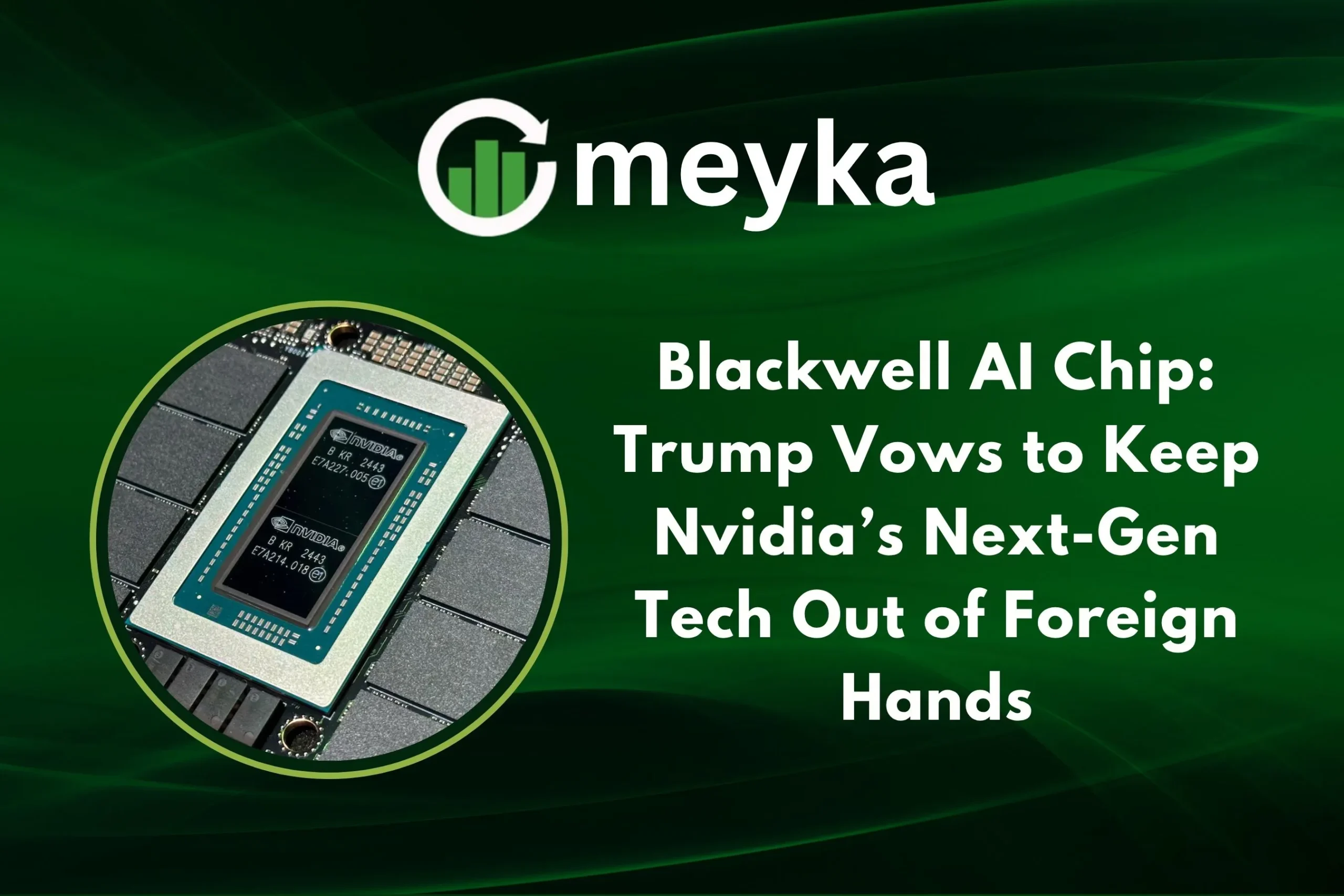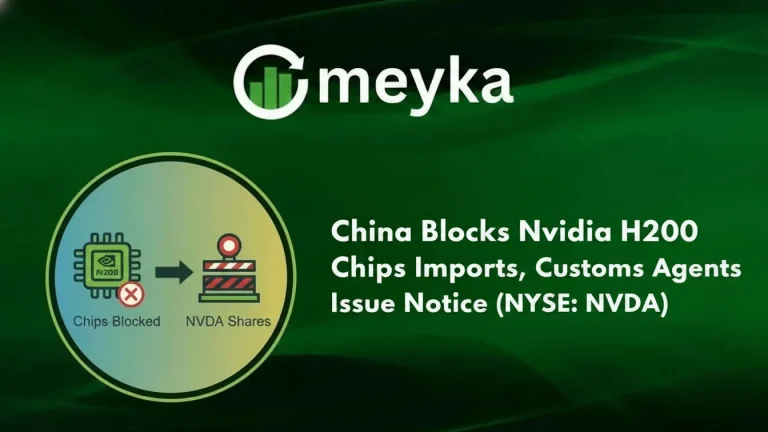Blackwell AI Chip: Trump Vows to Keep Nvidia’s Next-Gen Tech Out of Foreign Hands
We are entering a new era in artificial intelligence. The chipmaker Nvidia has developed the Blackwell AI chip, one of the most advanced processors ever built for AI workloads. At the same time, Donald Trump has publicly said that this technology must stay in American hands. This is more than a business issue; it is about global power, technological leadership, and national security all at once. We look at what the Blackwell chip is, why it matters, how Trump’s policy fits in, the global response, and what it means for the market and future.
Continue Reading on Meyka
This article is available in full on our main platform. Get access to complete analysis, stock insights, and more.
Read Full Article →





